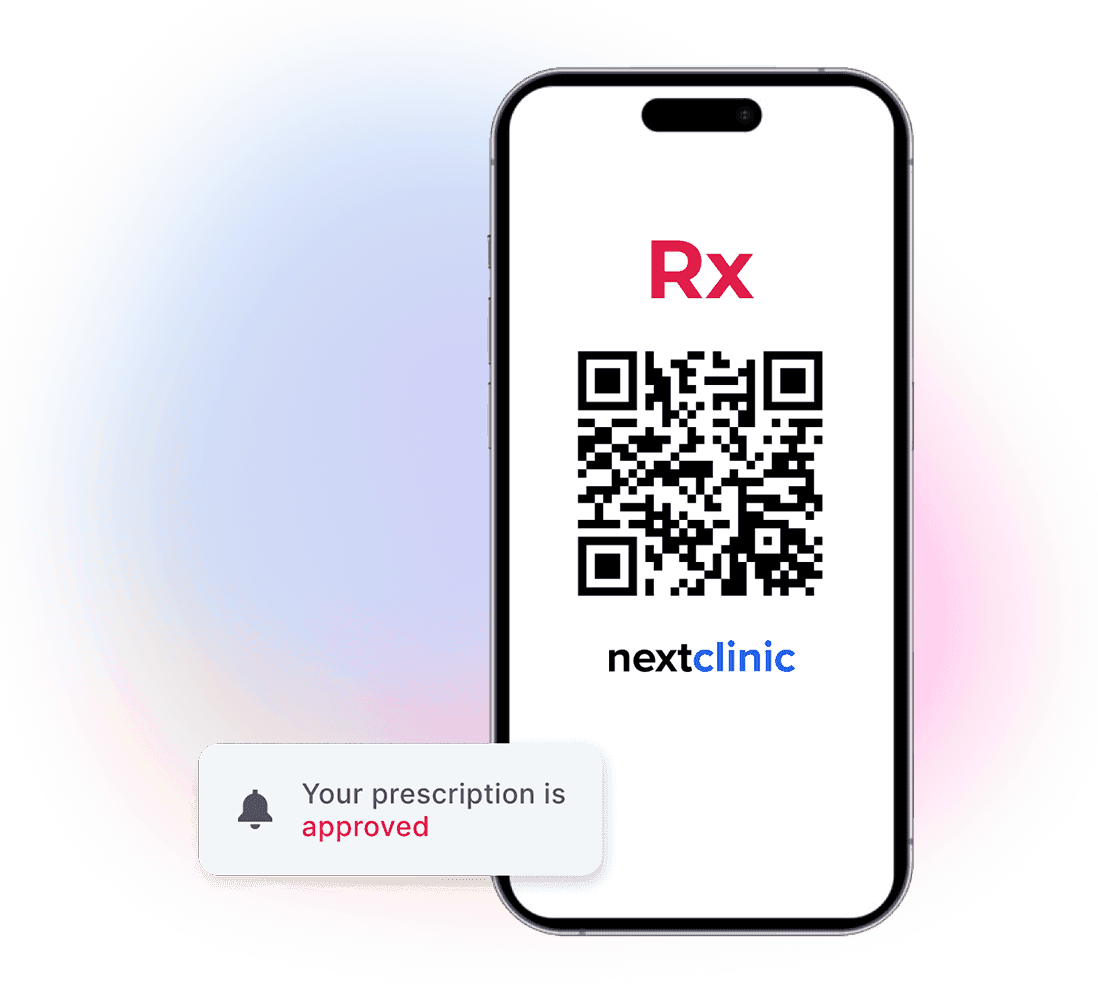Published on Feb 06, 2025
How a Mental Health App Can Expand Your Wellness Business

The wellness industry is booming, valued at $6.8 trillion in 2024, with expectations to surpass $9 trillion by 2028. This rapid growth is fueled by an increasing focus on mental health. More specifically, more people seek accessible and effective ways to manage stress and well-being. Traditional wellness businesses are evolving to keep up with this demand. A mental health app provides the perfect solution by offering users easy access to meditation, therapy, self-care routines, and expert advice. It enhances your services, allowing you to support clients anytime, anywhere. So, if you’re ready to scale your wellness business and reach a wider audience, a mental health app is a powerful tool. Let’s explore how it can transform the way you connect with and help your clients.

Expand Your Reach Beyond Physical Locations
A mental health app breaks location barriers. Your business is no longer limited to in-person sessions or local clients. With an application, you can reach users globally, offering support anytime they need it. This is especially valuable for people who live in remote areas or have busy schedules. They may not have access to traditional wellness services, but an app provides them with the guidance and resources they need right at their fingertips. You can offer virtual therapy, guided meditation, or self-care plans to a broader audience. This increases revenue and helps more people benefit from your expertise.
Generate Recurring Revenue with Subscription Models
A mental health app doesn’t just expand your reach—it also creates a steady stream of income. Unlike traditional wellness services that rely on one-time payments, an app allows you to offer subscription-based access to premium content, live coaching, and exclusive therapy sessions.
But before diving in, you might wonder, is your application idea financially viable, and how much is it worth? The best way to answer this is by assessing market demand, potential user engagement, and competitive pricing. With the mental health industry booming, consumers are more willing than ever to pay for convenient, high-quality support. If it provides real value, a subscription model can generate sustainable revenue. To dive deeper into evaluating your app’s potential, you can click here to learn. Moreover, working with experienced developers can give you a clearer picture. They can help estimate costs, suggest features that boost engagement, and fine- tune your monetization strategy. All in all, a strong concept combined with a well-planned revenue model can make your idea profitable in the long term.
Provide Personalized Wellness Plans
Every person’s mental health journey is different. Your app should allow you to create personalized experiences based on user preferences, habits, and goals. Not to mention, with AI-driven assessments, your platform can recommend tailored self-care routines, meditation exercises, or stress management techniques. Users feel more connected and supported when their wellness journey is unique to them. As an added perk, this level of customization builds stronger client relationships. When users see real improvements in their well-being, they’re more likely to stay loyal to your brand.
Build a Community for Engagement and Support
People thrive in supportive environments. Your app can foster a strong sense of community by connecting users with people going through the same struggles and issues. It can help them open up about their concerns easily. For this, you can consider integrating chat forums, live group sessions, or peer support groups. This encourages engagement and further helps users stay committed to their wellness goals.
A thriving community boosts app retention. Users who feel supported are more likely to stay active, recommend your platform to others, and contribute to its ongoing success.
Leverage Data Insights to Improve Services
Last but not least, a mental health application provides valuable insights into user behavior. You can track their engagement patterns and preferences and get feedback to improve your offerings. For example, if data shows that users prefer short meditation sessions over longer ones, you can create more bite-sized content. If engagement drops during certain times, you can adjust notifications or introduce new features by working with developers to keep users interested. Data-driven decisions help you refine your services and offer exactly what your audience needs. This keeps your app relevant, competitive, and valuable in the fast-growing wellness industry.
To Sum It All Up
A mental health app is more than a digital extension—it’s a growth strategy. It helps you connect with more clients, personalize their wellness journey, and create a sustainable revenue stream. With data-driven insights and community- building features, it can evolve alongside user needs. The wellness industry is shifting toward digital solutions. Now is the time to embrace innovation and build an app that makes a lasting impact.
Request prescription online now
Start Here